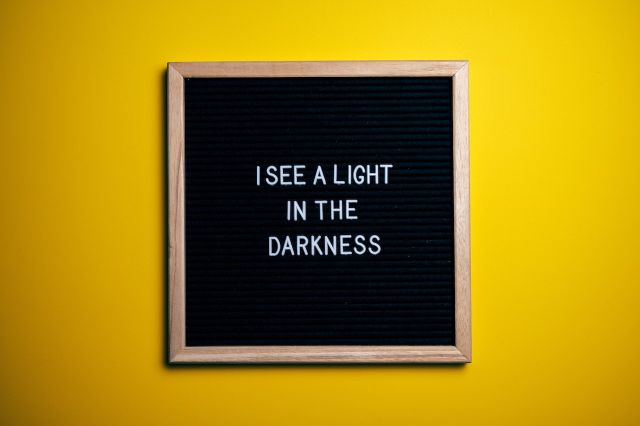
Overcoming Anxiety and Panic Attacks After Losing a Loved One.
The agony of losing a loved one is unbearable and can leave lasting emotional scars. I have suffered from crippling anxiety and panic attacks ever since my father passed away in 2019 from cancer. To overcome such sorrow and to regain my mental health, I have learned the power of optimism and resilience via my journey. In this blog post, I want to share my own experience and give advice to individuals dealing with same difficulties, acting as a lighthouse in the dark( Overcoming anxiety and panic attacks after losing a loved one)
The Weight of Grief.
A parent passing away from cancer is an unbearable loss that can cause a great deal of pain and emptiness. I struggled with intense feelings that led to anxiety and panic attacks after my father passed away. The first step to recovery is admitting how heavy your grief is.
![]()
The Power of Acceptance.
Acceptance is not forgetting or moving on; rather, it is accepting the truth of the circumstance and allowing yourself to experience grief. Recognize that it is typical to have anxiety and panic episodes following such a significant loss. You can start to recover control over your mental health by recognizing your feelings as a necessary part of the healing process.
Seeking Support.
On your journey, you are not traveling alone. Reach out to loved ones, close friends, or organizations that offer assistance so that you can express your emotions in a private setting. By building a sense of connection and understanding, talking openly about your challenges might help you cope with anxiety and panic attacks.https://edition.cnn.com/2021/07/18/health/grief-anxiety-healing-loss-wellness/index.html

Professional Guidance.
Think about getting professional assistance from bereavement and trauma counselors or therapists. They can provide you with helpful coping tactics and management techniques for anxiety and panic attacks. Therapy offers a dedicated setting to examine your feelings, establish healthy coping skills, and build resilience in the face of difficulty.
Embracing Self-Care.
Self-care becomes essential when one is experiencing emotional pain. Exercise, meditate, write in a journal, or spend time in nature are just a few things that can help you feel happy and at peace. Place an emphasis on your mental health and give yourself permission to recover at your own speed.https://psychcentral.com/anxiety/can-losing-a-parent-cause-anxiety

Nurturing Hope.
Even if it can be difficult, it is crucial for your rehabilitation to find hope amidst the gloom. Find examples of people who overcame adversity and showed resilience. Spend time with people who can elevate and motivate you to keep pushing forward. This can be done by surrounding yourself with books, podcasts, or online communities.
Embracing Resilience.
As a skill that may be learned over time, resilience is not an innate quality. Consider the difficulties and obstacles as chances to improve. Celebrate every little victory along the path and give yourself permission to be vulnerable. You may slowly wrest control of your life back from anxiety and panic episodes by developing resilience.https://modernloss.com/10-ways-to-overcome-grief-related-anxiety/

Conclusion.
After losing a loved one, overcoming anxiety and panic attacks is a difficult but not impossible path. You can find the power to heal and restore your mental health by accepting yourself, reaching out for help, practicing self-care, fostering hope, and adopting resilience. Keep in mind that your ability to overcome your fear or grief, not your anxiety or grief, defines you. Together, we can forge a community of resiliency and optimism, helping one another get through the most trying times.https://www.psycom.net/anxiety-complicated-grief


